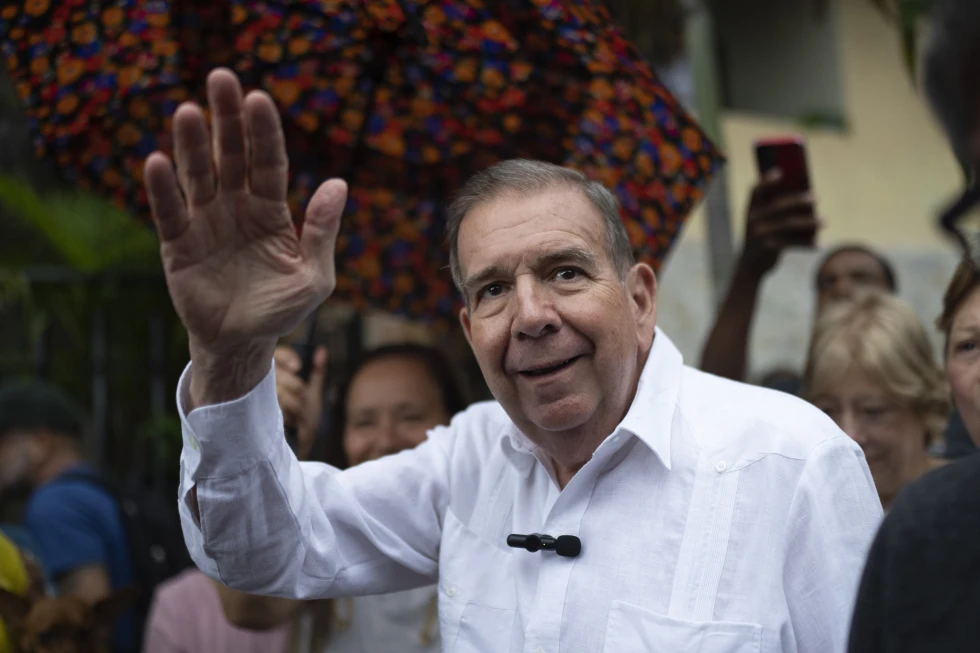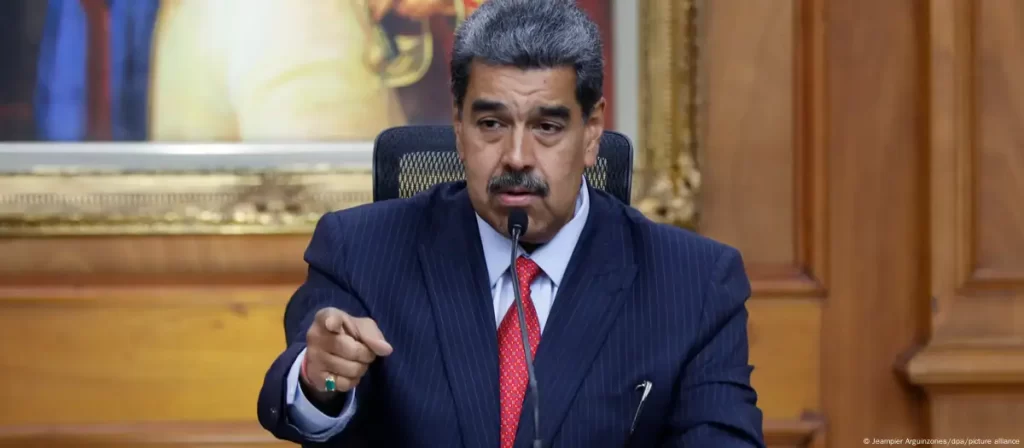Former Venezuelan opposition presidential candidate Edmundo González has fled to Spain after being granted asylum, dealing a significant blow to opposition hopes of ending two decades of single-party rule in Venezuela.
The surprise departure of González, considered by the opposition and several foreign governments as the legitimate winner of July’s presidential race, was announced late Saturday by Venezuelan Vice President Delcy Rodríguez. She stated that the government had decided to grant González safe passage out of the country to help restore “the country’s political peace and tranquility,” just days after ordering his arrest.

Spain’s center-left government confirmed that González’s decision to leave Venezuela was his own. Spanish Foreign Minister José Manuel Albares, speaking to RTVE while en route to China, said, “I have been able to speak to (González) and once he was aboard the airplane he expressed his gratitude toward the Spanish government and Spain.” Albares confirmed that Spain would grant González political asylum as requested.
González, a 75-year-old former diplomat, was a last-minute replacement candidate when opposition leader Maria Corina Machado was banned from running. Despite being relatively unknown, his campaign quickly gained momentum among Venezuelans hoping for political change amid a decade-long economic crisis.
The July election results remain contested. While President Nicolás Maduro was declared the winner, most Western governments have not recognized his victory. Opposition-collected tally sheets from over two-thirds of the electronic voting machines indicate that González won by a more than 2-to-1 margin. However, Venezuela’s National Electoral Council, controlled by Maduro, did not release detailed voting data, citing an alleged cyberattack.

Attorney General Tarek William Saab, a Maduro ally, had sought González’s arrest for failing to appear in connection with a criminal investigation into alleged electoral sabotage. Saab claimed that the opposition’s published voting records were forged.
United Nations and Carter Center experts, who observed the election at Maduro’s invitation, stated that the officially announced results lacked credibility. While not validating the opposition’s victory claim, they noted that the opposition-published voting records appeared to exhibit original security features.
González’s departure has raised questions about the future of Venezuela’s opposition movement. Exiled opposition politician Franco Casella told RTVE that González would continue campaigning against Maduro’s regime from abroad, in a dual leadership role with Machado, who reportedly remains in hiding in Venezuela.
Spain has become a major destination for Venezuelan exiles, particularly opposition leaders. The country received 44,000 Venezuelan immigrants in the first half of this year, adding to the 212,000 Venezuelans reported residing in Spain as of 2022.
As Venezuela grapples with this latest political development, the international community continues to closely monitor the situation, with concerns about democratic processes and human rights in the country remaining at the forefront.



